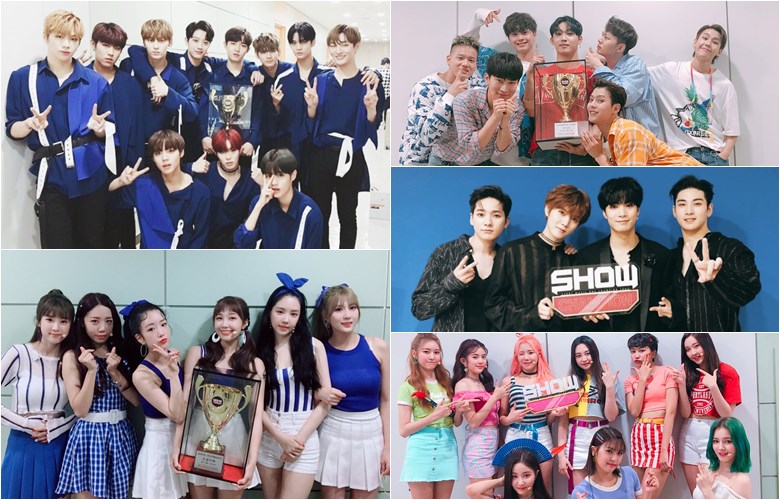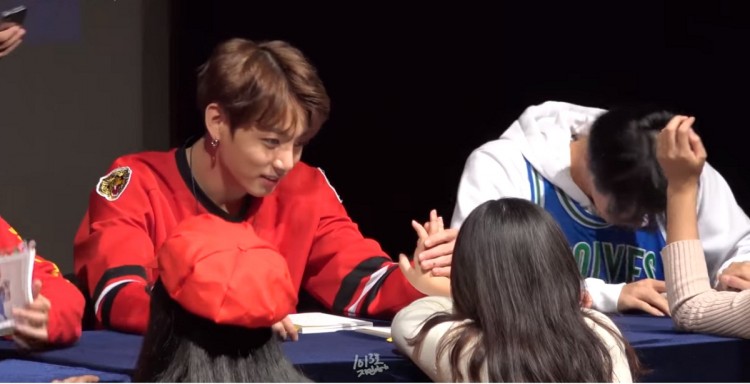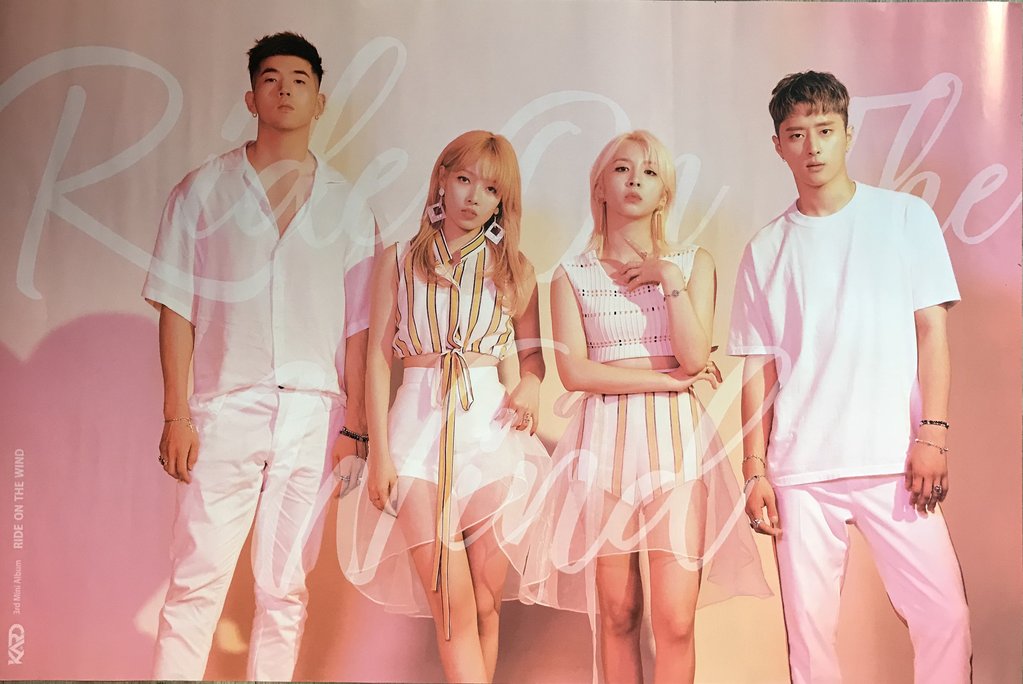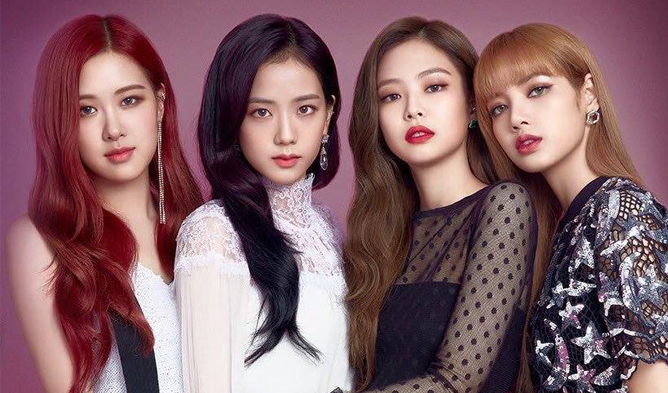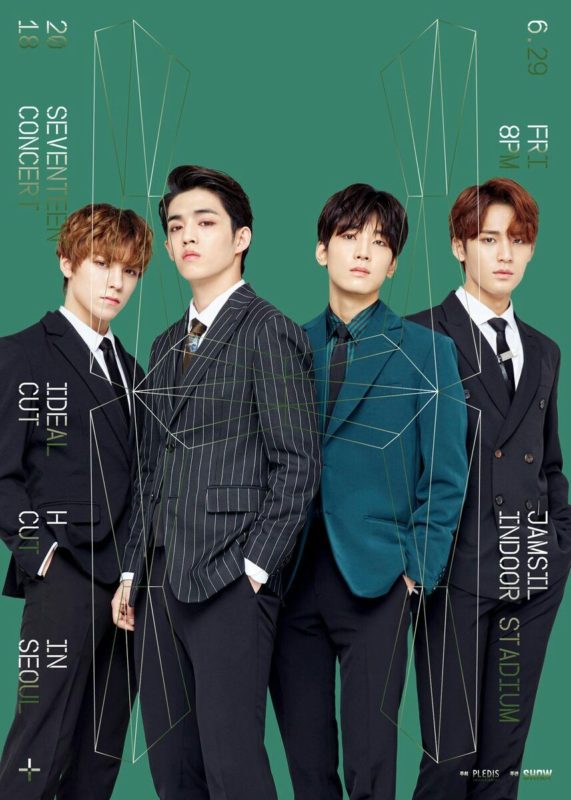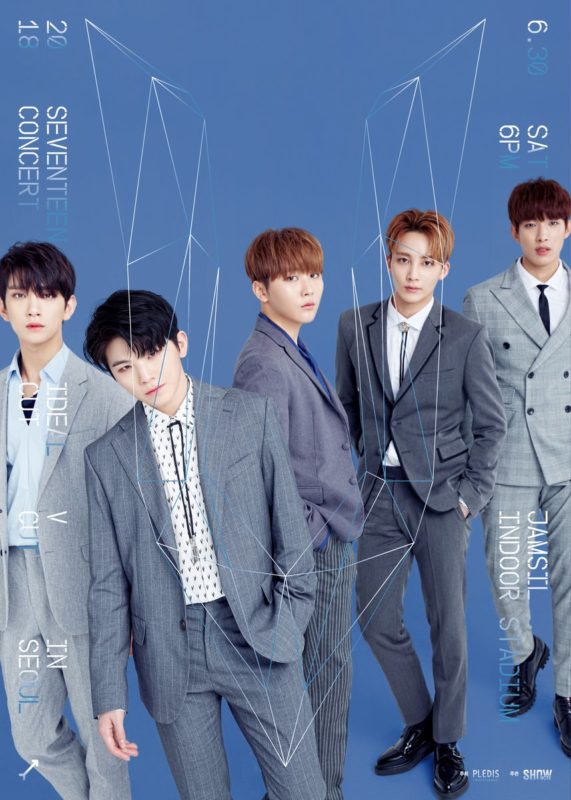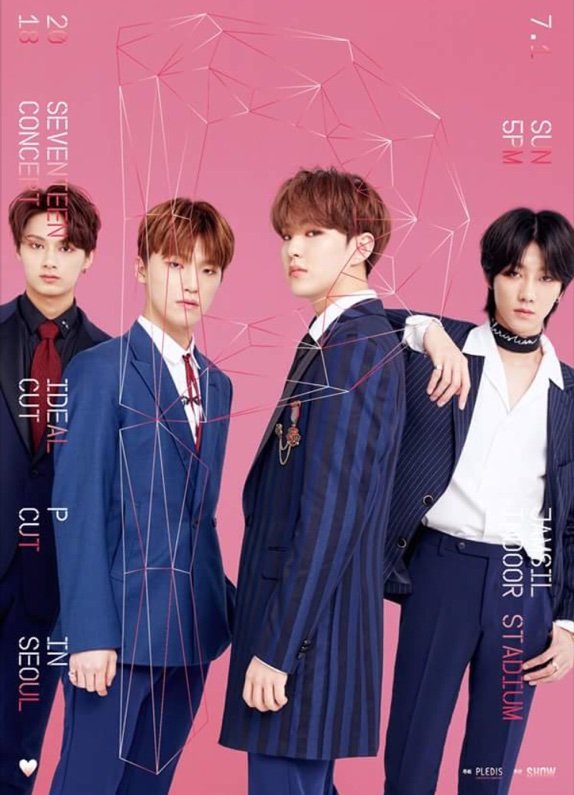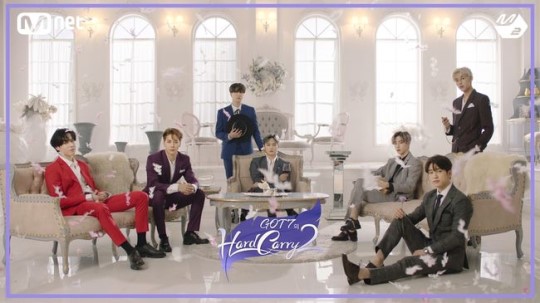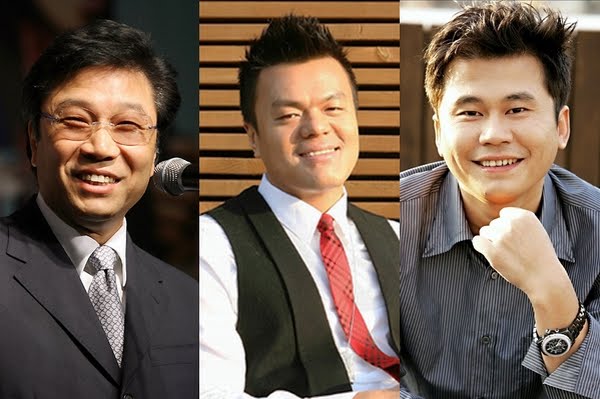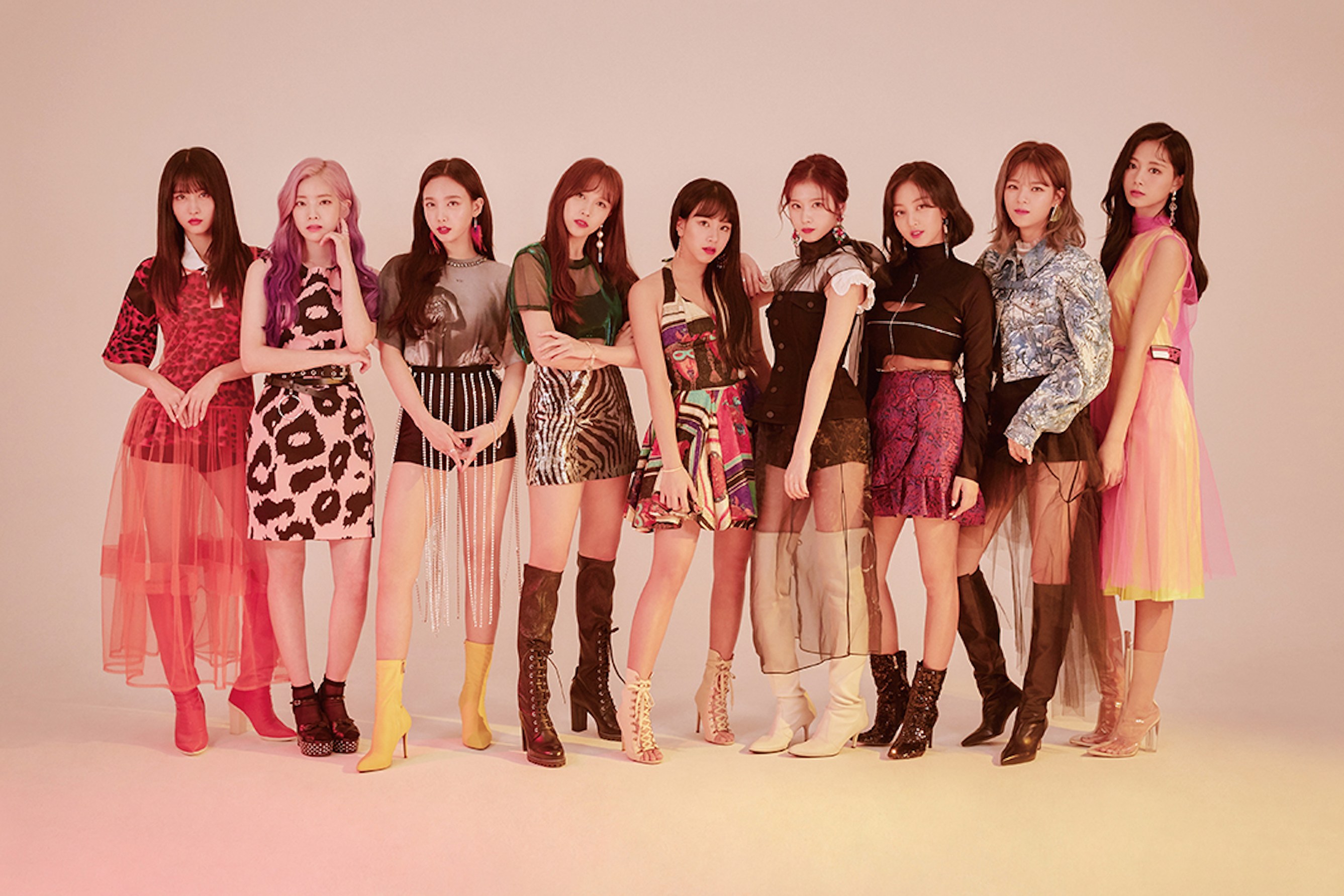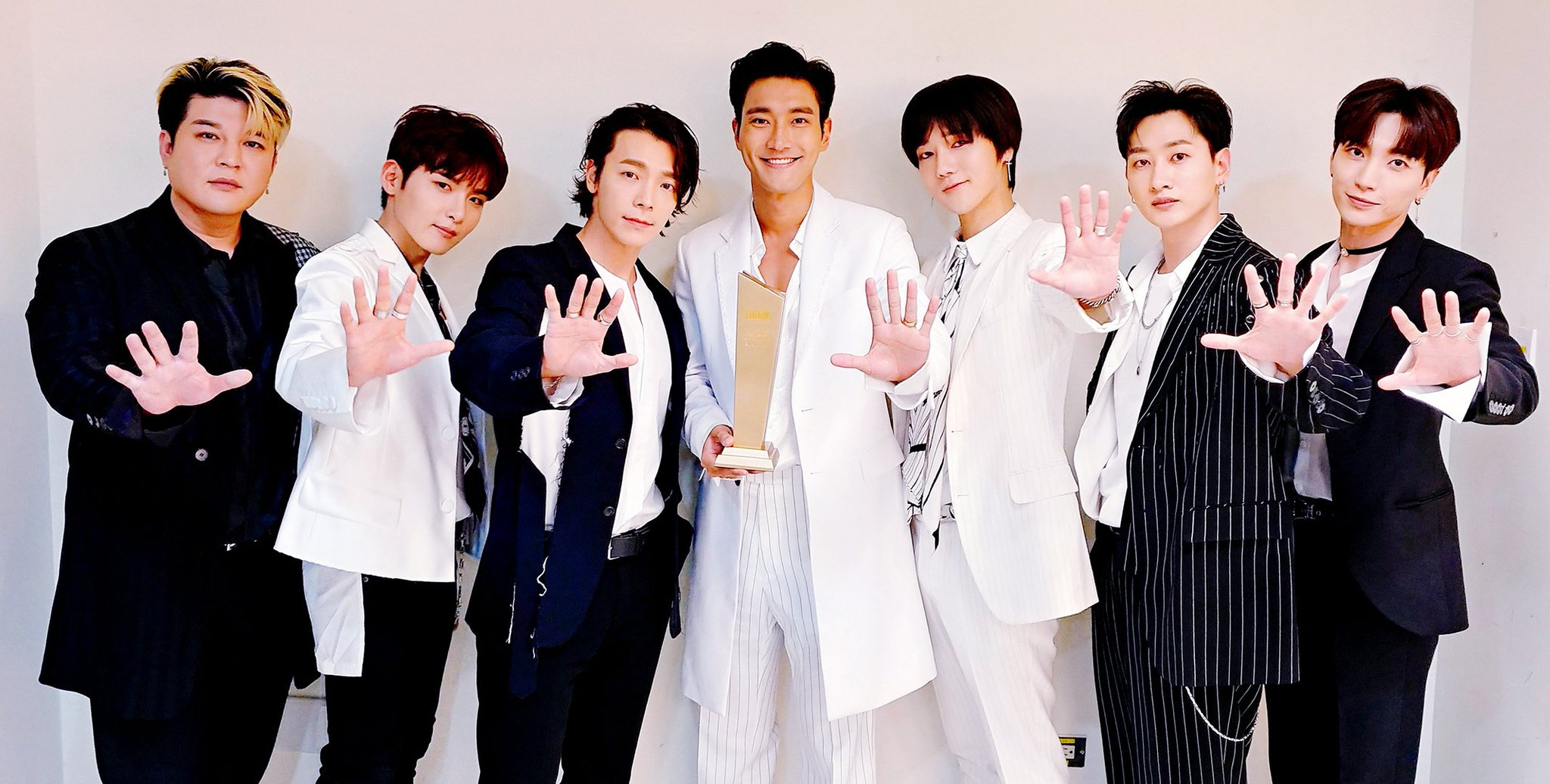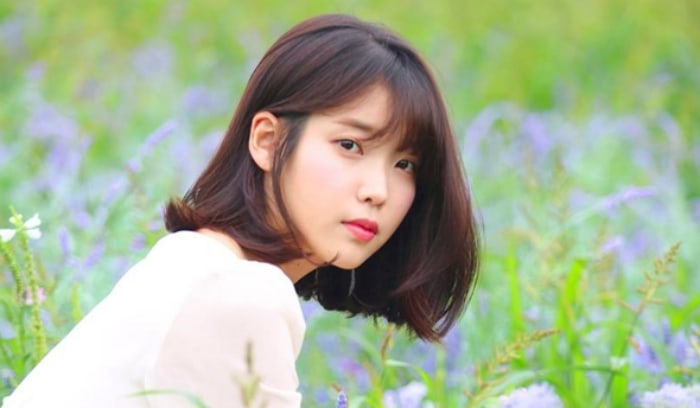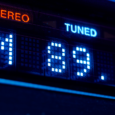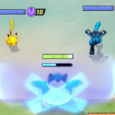Written by: Kiana Palacios
When the KPop group BTS won the Top Social Artist Award at the Billboard Music Awards, the world blew up. Being the first ever Korean group or artist to win an award in such an esteemed award show was a record-breaker and the start of huge opportunities not just for BTS, but for the whole KPop community.
KPop is pretty much similar to OPM. It’s usually influenced by other genres such as jazz, electronic dance, and even country, to name a few. But above all that, KPop music makes sure to keep in touch with their traditional Korean music roots.
The structure of KPop is one that is not hard to understand. With the growing popularity of this new type of music around the world, here is a quick beginner’s guide and everything you need to know about KPop.
The Basics of KPop
In Korea, KPop is usually produced by entertainment companies, pretty similar to record labels around the world. Some well-known companies include SM Entertainment, Big Hit Entertainment, YG Entertainment, JYP Entertainment, and Pledis Entertainment.
These companies work by holding auditions for both local and international aspirants. Passing the auditions would give you an opportunity to undergo training and that usually lasts a couple of years. The head of the company then groups the trainees together and forms a group. The group trains together for another couple of years and soon debuts–they’re referred to as rookie idols.
They then release an album or EP and along with it, a title track. If they’re lucky, they perform their title track on different shows and variety programs.
Some of the winners of “Show Champion,” a music variety show competition
KPop idols usually hold fan meetings and album signings along with their concerts and are quite active on social media. This is probably one of the reasons why they seem to have such a close connection with their fans.
BTS’ Jungkook interacting with an ARMY during a fansign event
ALSO READ: WOW: This KPOP Fangirl graduates university with honors & shows how fandom can inspire you
The Structure
KPop idol groups are either individual artists or male or female groups consisting of a varying number of members. Co-ed groups can also exist, such as the group K.A.R.D.(under DSP Media).
K.A.R.D.
Dance and performance is a huge aspect of their music. In most cases, it is a must for each song they perform to have eye-catching choreography. Along with this, their lyrics usually hold hidden meaning, sung in both Korean and English. Some groups, like BTS, make it a point to connect their songs with one another, forming some sort of story leading to an alternate universe.
KPop always has an aspect of rap, vocals, and dance. In some groups, they have a term called “line” (ex. Rap line, Vocal line, etc.), in some, it could also be referred to as a “unit” (ex. Performance unit, Hip Hop unit). In simpler terms, these are sub-units among the KPop Idol Groups. More kinds of lines involving different aspects can also exist and be called differently (example below). The term “Visual” or “Visual line” refers to the face/s of the group. For example, the visual of the group Blackpink is the member Jisoo.
BLACKPINK (Jisoo is second from the left)
To put it into context, in the group Seventeen, they consist of several sub-units and lines. The main three are the Vocal Unit, Performance Unit, and HipHop Unit. Each unit, in this case, is responsible for an aspect in performance (ex. The Performance Unit choreographs dances, HipHop unit is the alternate of a rap line in other groups). Additionally, Seventeen also consists of different other lines like the China (The8 and Jun) and America (Vernon and Joshua) lines, which refer to the members that come from China and the USA respectively. They also have a leader line (Woozi, S.Coups, and Hoshi) which consist of the members that are the leaders of each sub-unit. This, among many others, are just some examples to illustrate the definition of a line and unit.
SEVENTEEN’s HipHop Unit, from left to right: Vernon, S.Coups, Wonwoo, Mingyu
SEVENTEEN’s Vocal Unit, from left to right: Joshua, Woozi, Seungkwan, Jeonghan, DK
SEVENTEEN’s Performance Unit, from left to right: Jun, Dino, Hoshi, The8
Some (basic) terms
To really get into the KPop culture, there are several terms you must be familiarized with.
Stan – The term used to indicate that you support a certain group or KPop idol. This means you watch all their shows, listen to all their songs and new releases, you’re invested in them (but not in an obsessed kind of way of course)
Bias – Basically your favorite member of a certain KPop idol group
Bias Wrecker – Co-member of your bias who makes you question if that person was really your favorite or not (basically he/she makes you doubt your bias)
Leader – Self-explanatory, but usually this member is the spokesperson of the group and usually the one that introduces his/her members in variety shows and public promotions. Some groups may have no leader.
Comeback – Usually implies a new album or new piece of music being released by the group after a short break, pretty much the start of a new promotional period
GOT7 released a sequel to their reality show Hard Carry in line with their promotions for their song Lullaby and album Present: YOU
OT__ – (the blank represents the number of members in a group) Expression that shows you support all the members and not just individually, there is no group if one member is missing
ALSO READ: #KPopTwitter Continues to Make Hallyu Waves with Record 5.3 Billion Tweets Globally in 2018
The Specifics
When it comes to dropping names, the big three entertainment companies are SM Entertainment (Founded by Lee Sooman), JYP Entertainment (Founded by Park Jinyoung), and YG Entertainment (Founded by Yang Hyunsuk).
The Big 3 CEOs, arranged in the order they were mentioned above
In recent times, the well-known KPop Idol Groups would include (in no particular order): BTS (Big Hit Entertainment), Twice (JYP Entertainment), EXO (SM Entertainment), BLACKPINK (YG Entertainment), NCT 127 (SM Entertainment), iKON (YG Entertainment), GOT7 (JYP Entertainment), and Seventeen (Pledis Entertainment).
Twice
Some of the older KPop idol groups would include SHINee (SM Entertainment), Girls’ Generation or SNSD (SM Entertainment), Big Bang (YG Entertainment), Super Junior (SM Entertainment), and much more.
Super Junior
There are also lots of individual artists, these include IU (LOEN Entertainment), G-Dragon (YG Entertainment), Kim Jong-Hyun (SM Entertainment), Lee Taemin (SM Entertainment), Sunmi (JYP Entertainment), Taeyang (YG Entertainment), CL (YG Entertainment), and HyunA (JYP and Cube Entertainment), to name a few.
IU
The Music
Now that all the basics of KPop are laid down, here are some of the most famous KPop Songs of all time as of March 2019 to start of your very own KPop playlist!
29. Lonely (Feat. 태연) – JONGHYUN 종현
28. Starry Night(별이 빛나는 밤) – MAMAMOO(마마무)
27. 어느날 머리에서 뿔이 자랐다 (CROWN) – TXT (투모로우바이투게더)
26. Don’t Recall – K.A.R.D.
25. 시간을 달려서(Rough) – 여자친구(GFRIEND)
24. Cherry Bomb – NCT 127 엔시티 127
23. I’m so sick(1도 없어) – Apink(에이핑크)
22. 라비앙로즈 (La Vie en Rose) – IZ*ONE (아이즈원)
21. 달라달라(DALLA DALLA) – ITZY
20. Gashina(가시나) – SUNMI(선미)
19. LAATATA – (G)-IDLE ((여자)아이들)
18. Ring Ding Dong – SHINee 샤이니
17. Palette(팔레트) – IU(아이유) Feat. G-DRAGON
16. 울고 싶지 않아 (Don’t Wanna Cry) – SEVENTEEN(세븐틴)
15. Shine(빛나리) – PENTAGON(펜타곤)
14. 러시안 룰렛 (Russian Roulette) – Red Velvet 레드벨벳
13. 눈,코,입 (EYES, NOSE, LIPS) – TAEYANG
12. BAAM – MOMOLAND (모모랜드)
11. Mr. Simple – SUPER JUNIOR 슈퍼주니어
10. CALL ME BABY – EXO 엑소
9. Gee – Girls’ Generation 소녀시대
8. SOLO – JENNIE
7. Just right(딱 좋아) – GOT7
6. 사랑을 했다(LOVE SCENARIO) – iKON
5. BBoom BBoom (뿜뿜) – MOMOLAND (모모랜드)
4. 뱅뱅뱅 (BANG BANG BANG) – BIGBANG
3. TT – TWICE
2. DNA – BTS (방탄소년단)
1. 뚜두뚜두 (DDU-DU DDU-DU) – BLACKPINK
Got anything more to add or more songs to recommend? Let us know your favorites and your insights in the comments down below!

